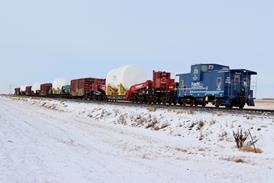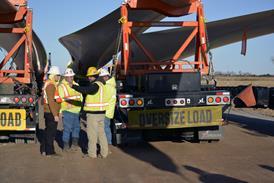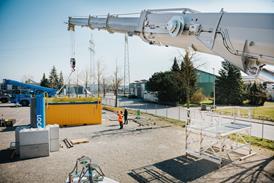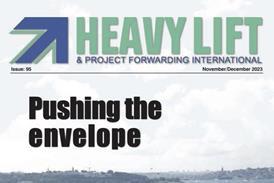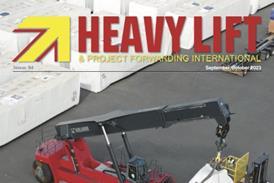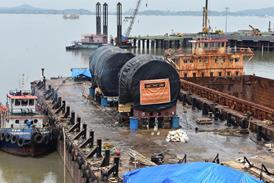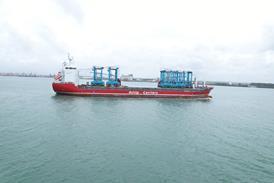In its second-quarter analyst call, Caterpillar confirmed that the USA’s decision to impose import tariffs on steel and other metals will have a real effect on its businesses and customers in the second half of 2018.

Joseph Creed, interim chief financial officer and vice president of Caterpillar’s finance services division, said: “Recently imposed tariffs had minimal impact in the [second] quarter but are expected to impact our second half material costs by approximately USD100 million to USD200 million. We also expect freight costs to remain elevated as we ramp production to meet higher demand.”
The USA-based manufacturer of construction and mining equipment, diesel and natural gas engines, industrial gas turbines and diesel-electric locomotives said its manufacturing costs for the quarter increased by roughly USD80 million compared to the same period of last year, largely driven by higher freight costs.
“That’s the result of several factors, including higher freight rates due to strained capacity in the trucking industry, less efficient freight loads, and expedited freight as we continue to ramp production to meet increased demand,” Creed explained.
Caterpillar’s ceo and director James Umpleby commented: “On the issue of trade, we urge government leaders to take actions to remove uncertainty. As a global manufacturer, Caterpillar has long advocated for free trade because it enhances global competitiveness and helps US manufacturers grow US jobs and exports.”
Caterpillar intends to offset the effects of trade tariffs and higher freight costs partly through ongoing cost discipline, but also by passing those costs on to customers in the form of mid-year price increases, Creed said.

